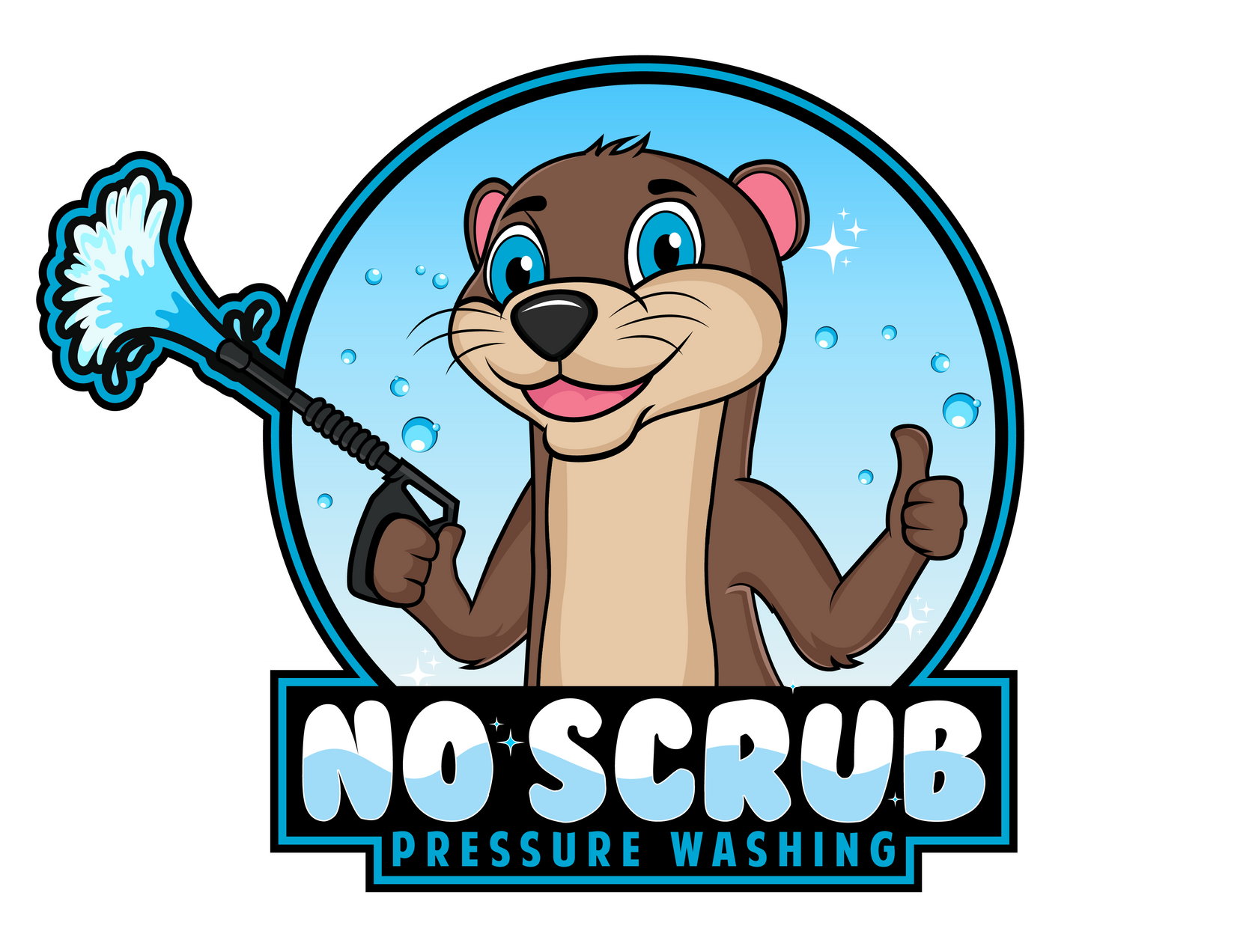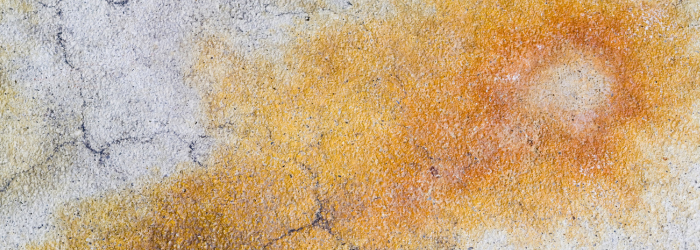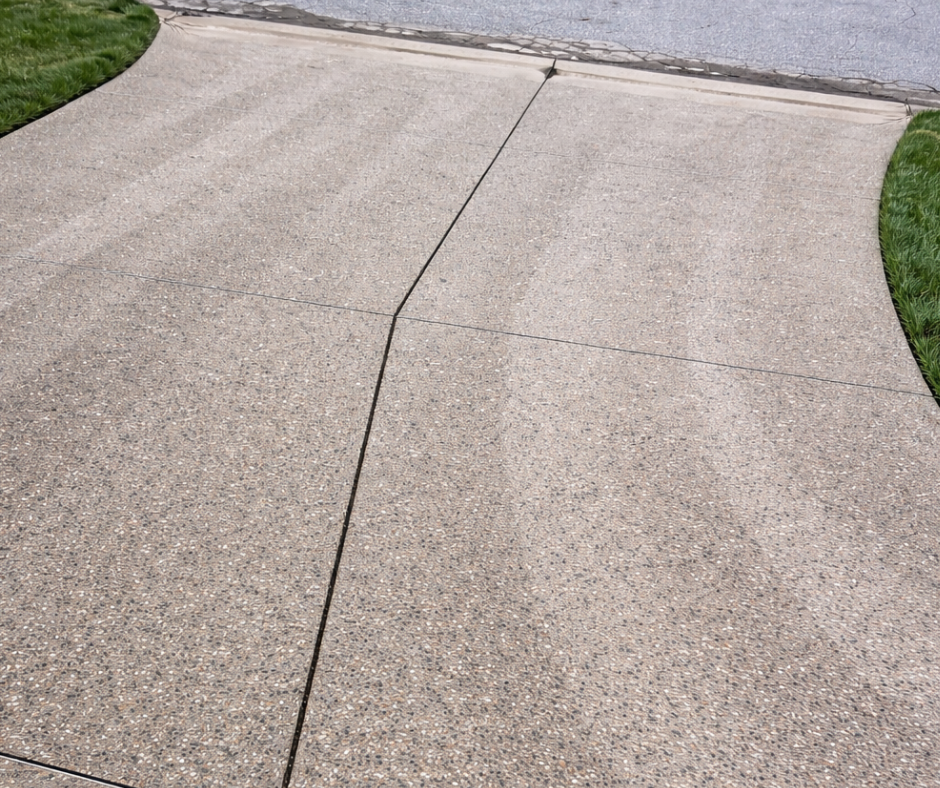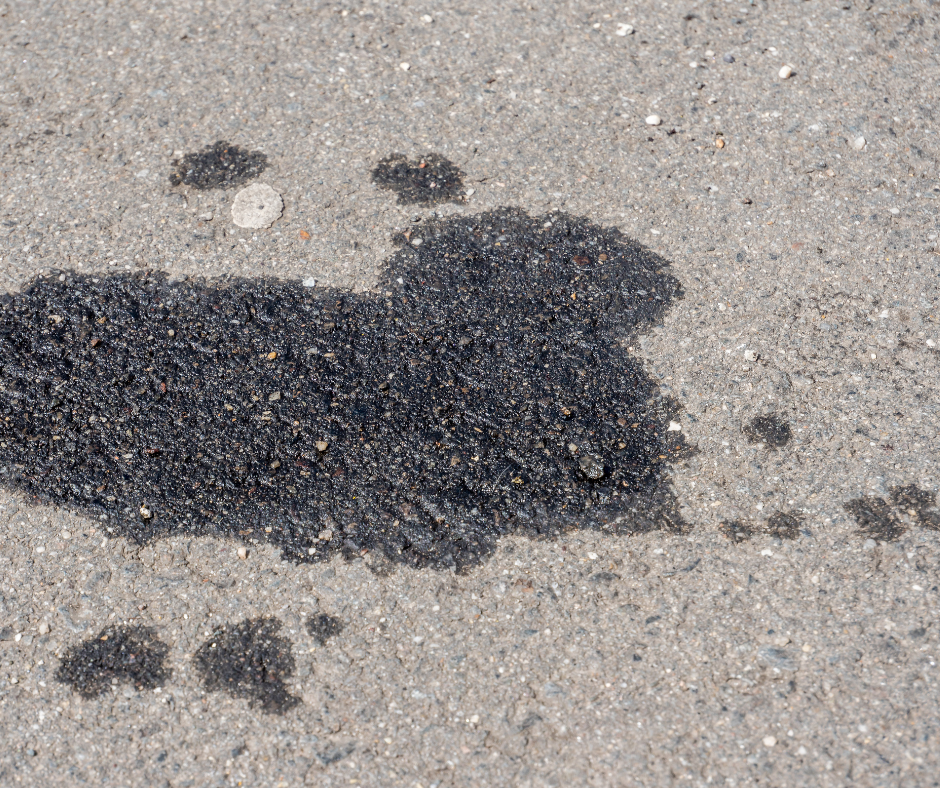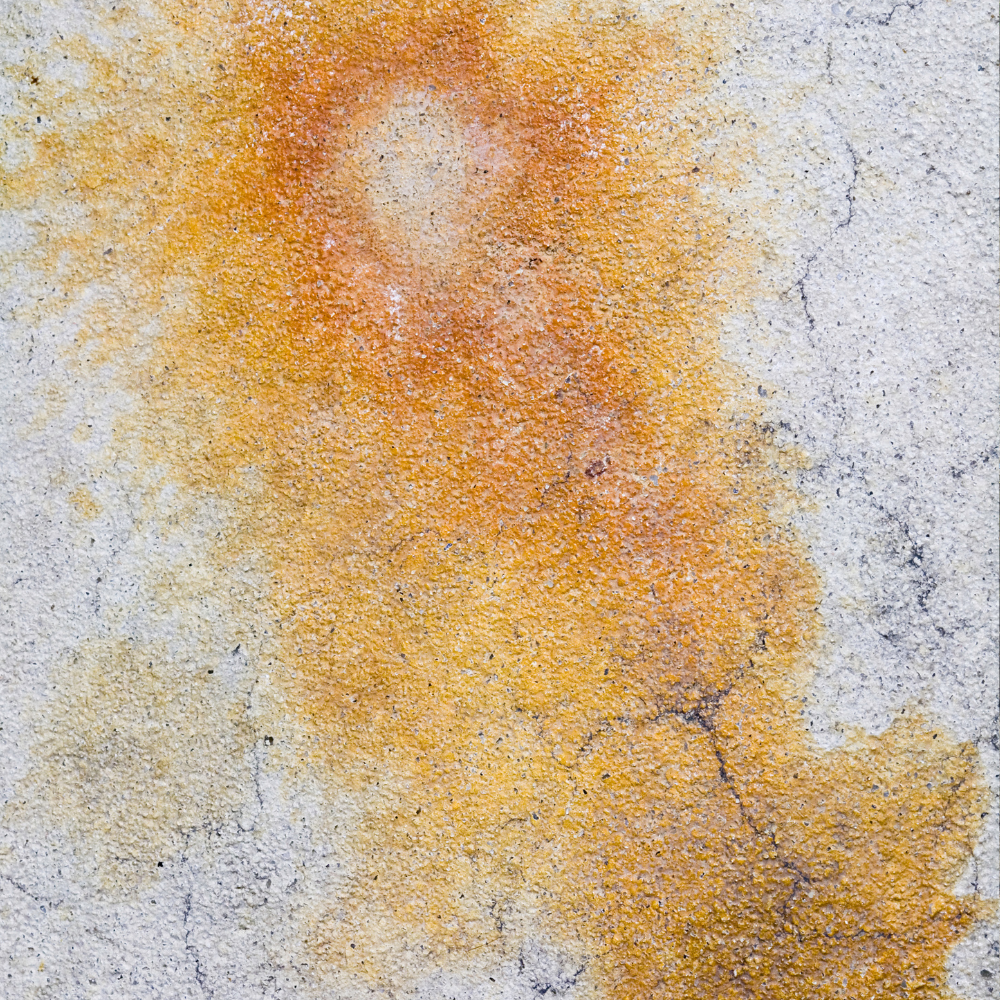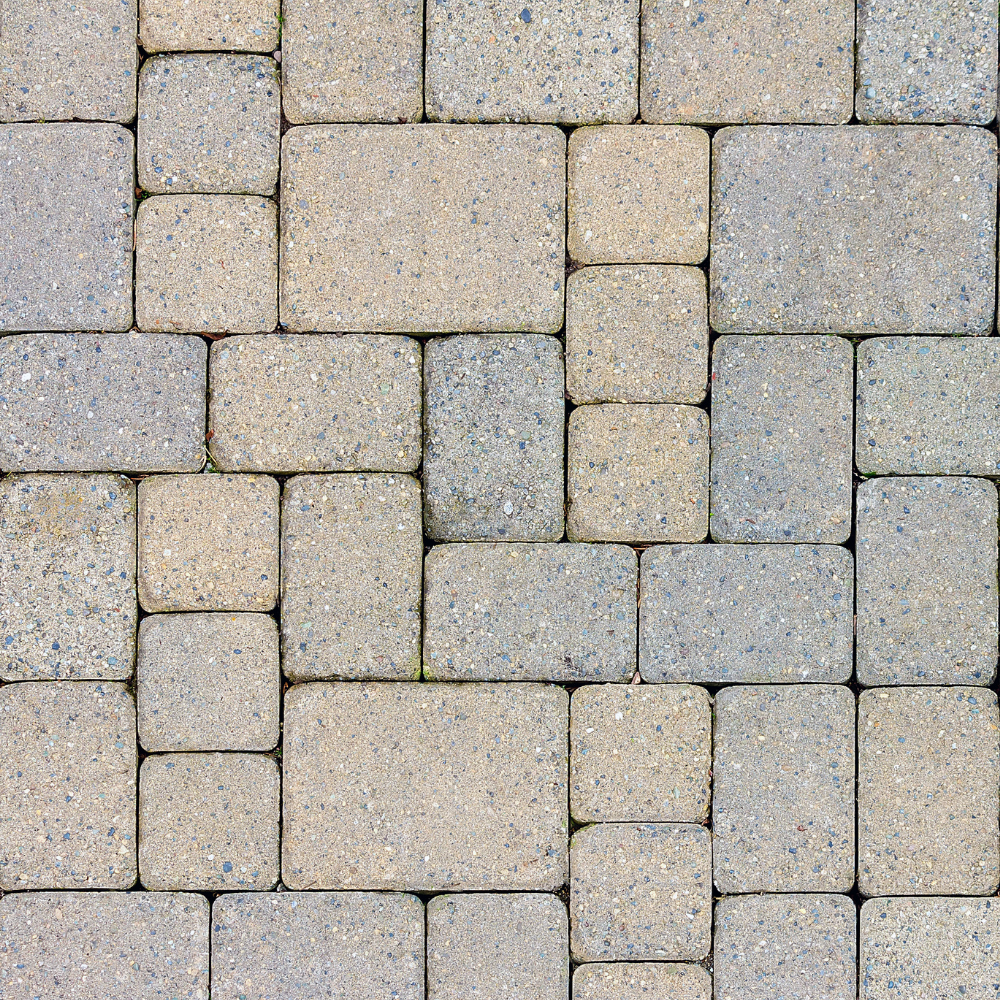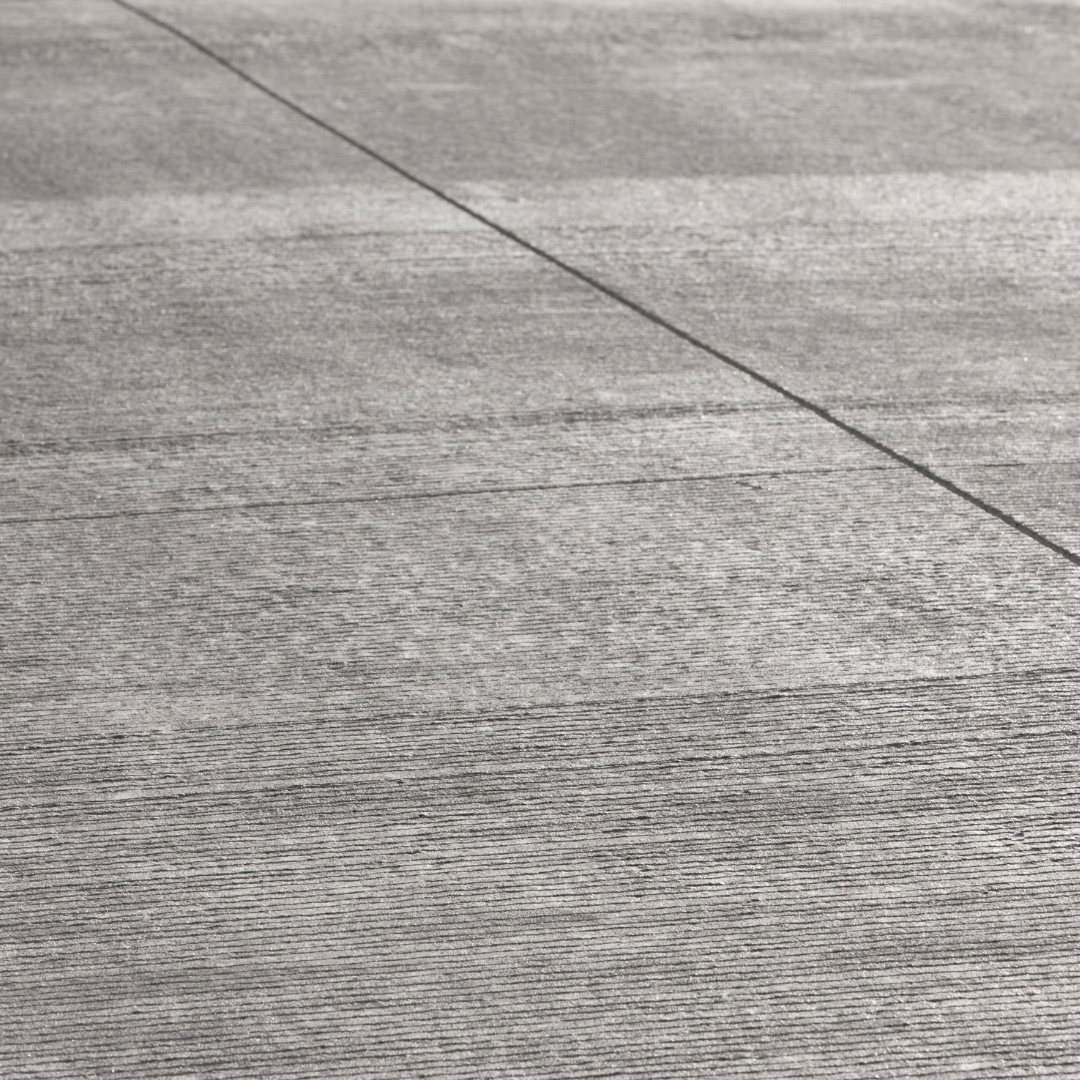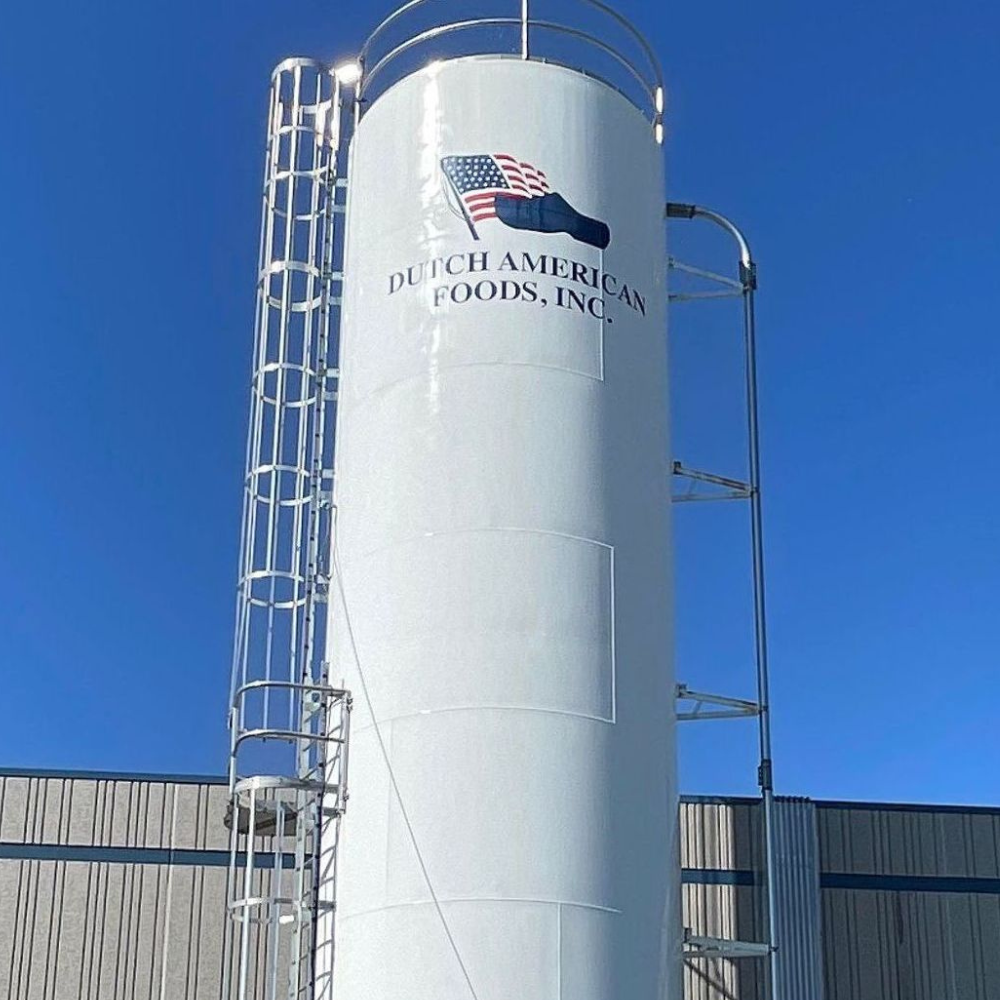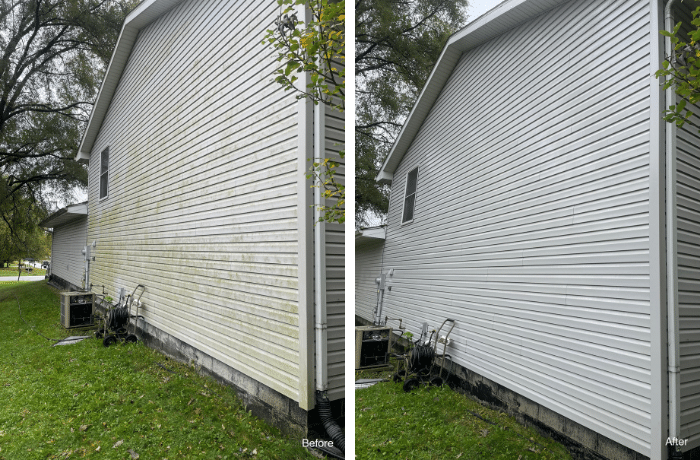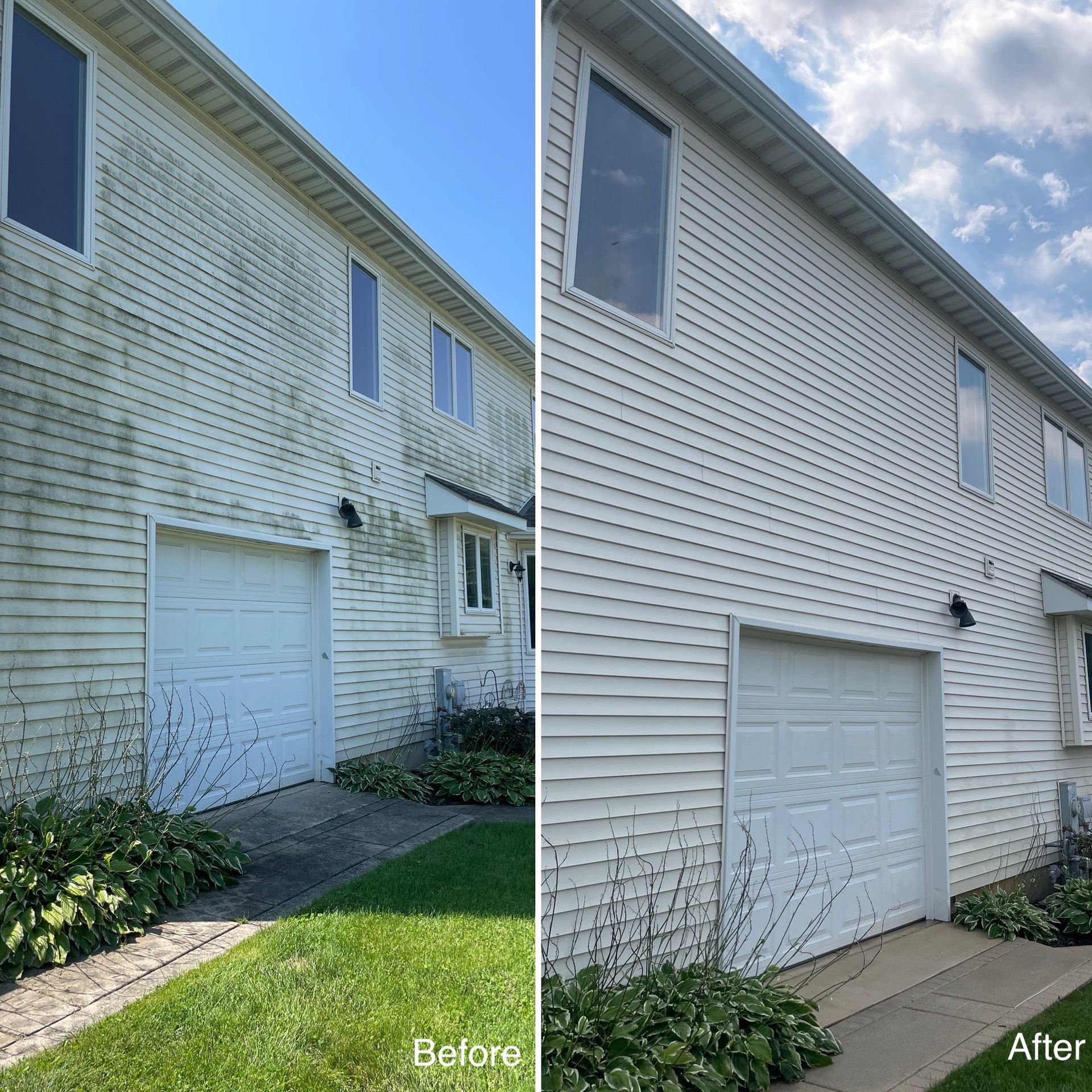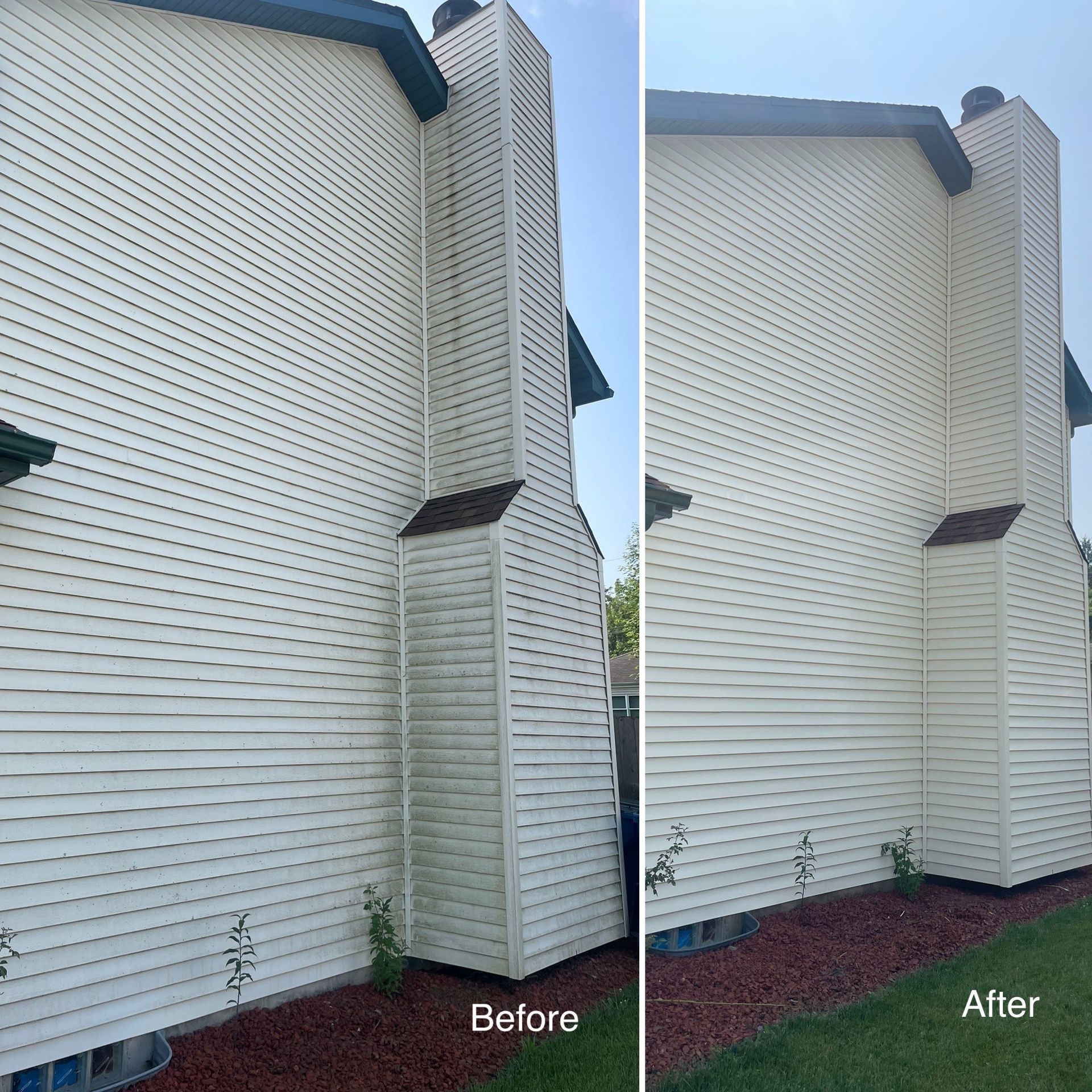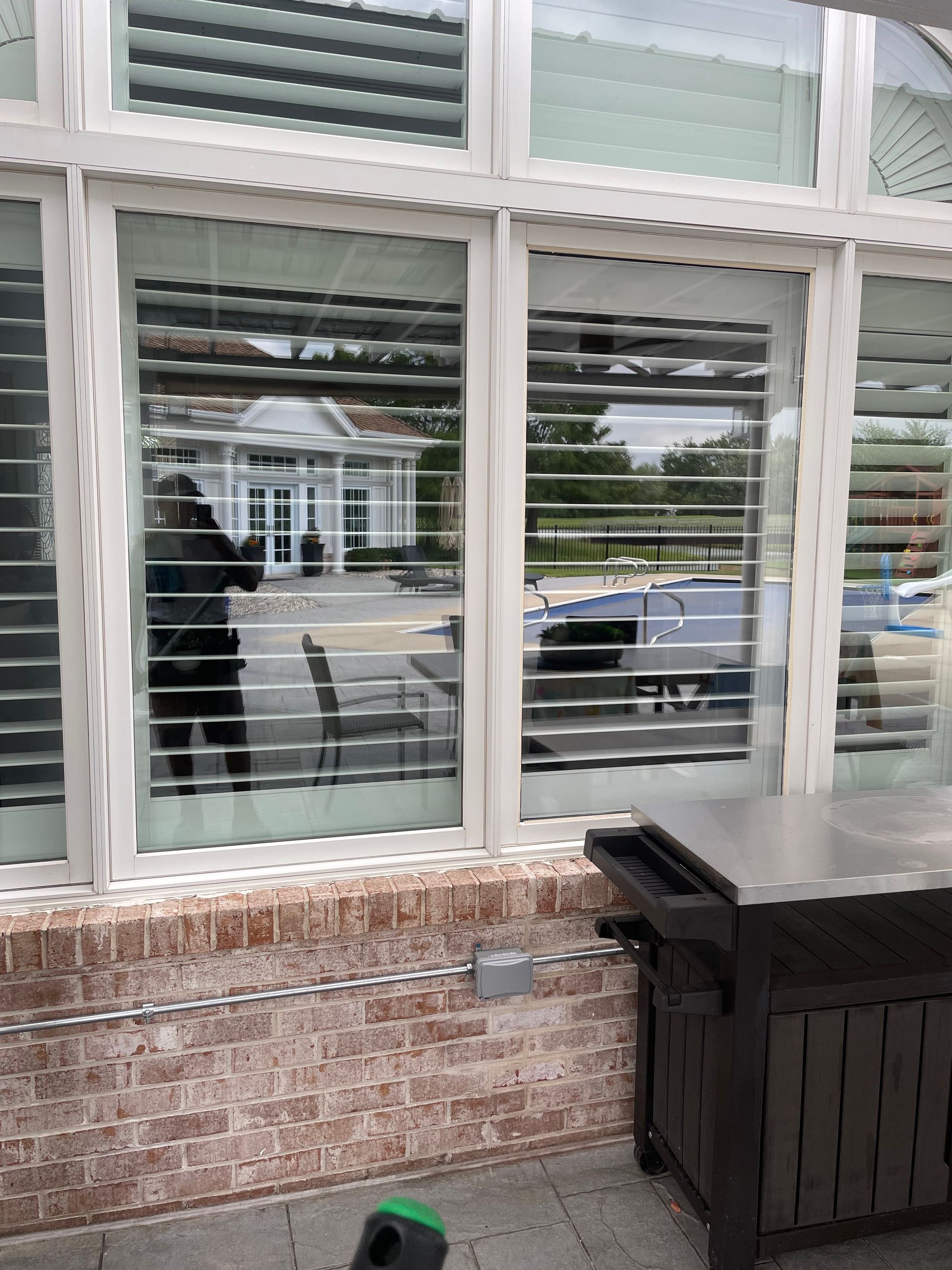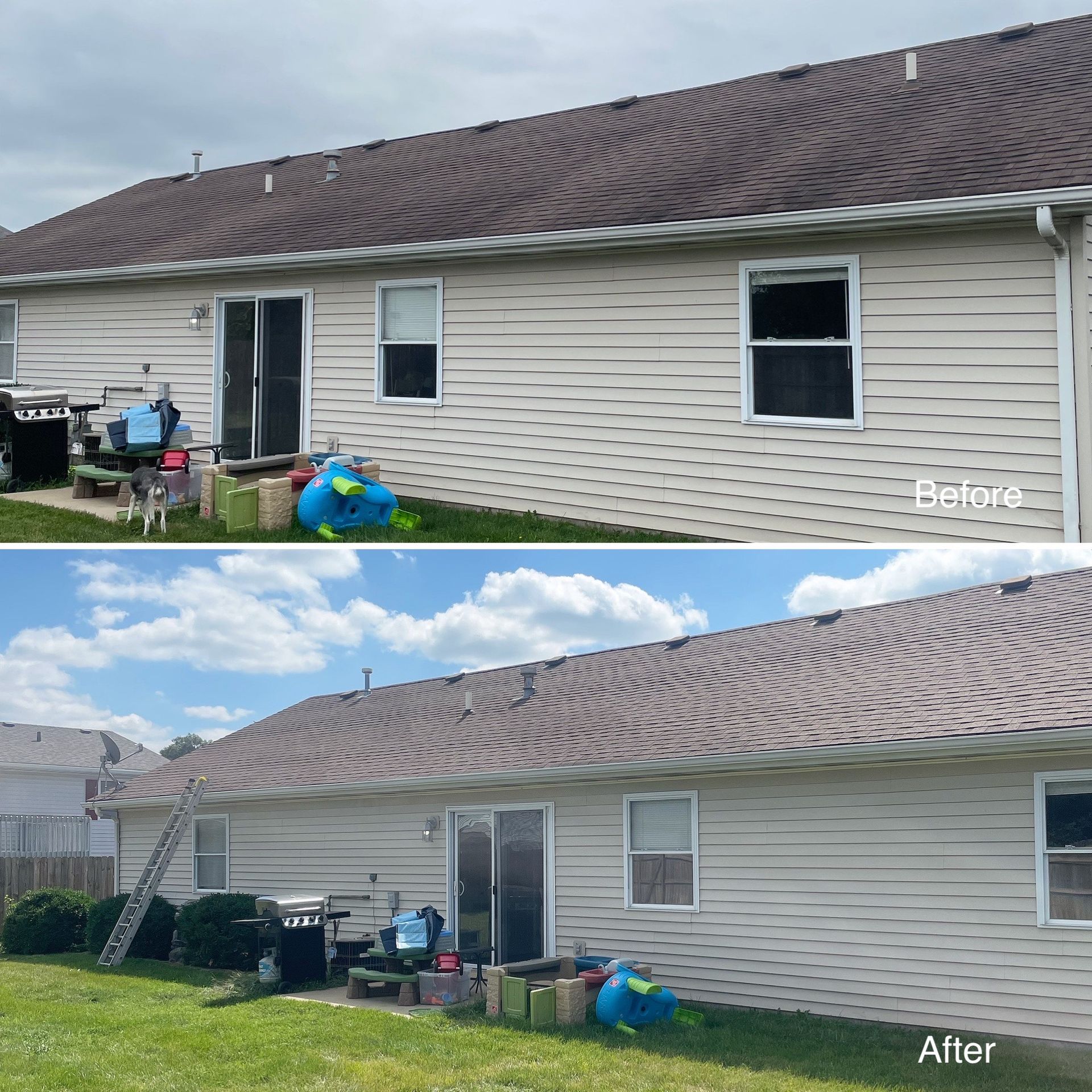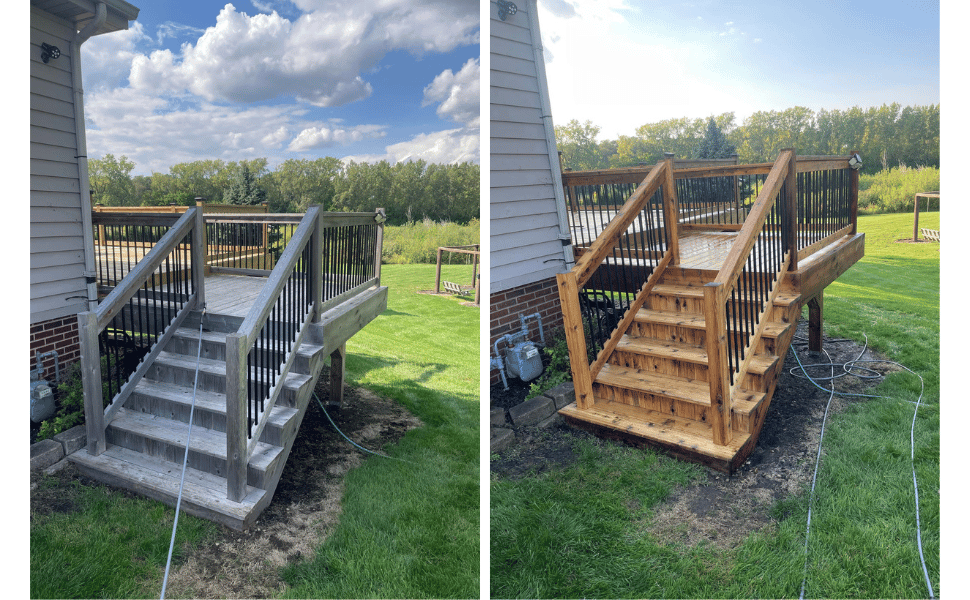Concrete Rust Stains: Ways to Remove
Rust stains on concrete can detract from the beauty of driveways, patios, or garage floors, turning pristine surfaces into eyesores. Whether caused by metal furniture, tools, or iron-rich water, these reddish-brown marks demand effective removal strategies. This comprehensive guide explores the causes of rust stains on concrete, proven removal techniques using household and commercial solutions, a comparison of their effectiveness and costs, and prevention tips to maintain your surfaces. We also highlight when hiring a professional is the best option for tackling stubborn or complex stains.
When to Hire a Professional for Rust Stain Removal
While many rust stains can be addressed with DIY methods, certain scenarios require professional expertise to ensure safe and effective results:
- Deep or Embedded Stains:
Stains from corroded rebar or long-term exposure may need industrial-grade chemicals or concrete resurfacing, which professionals are equipped to handle.
- Large Surface Areas: Extensive staining across driveways or patios can be time-consuming and may require specialized equipment, like high-capacity pressure washers.
- Delicate or Decorative Concrete:
Polished or colored concrete is prone to damage from improper techniques. Professionals use tailored methods to avoid etching or discoloration.
- Recurring Stains: If rust stains persist despite your efforts, a contractor can identify underlying issues, such as poor drainage or rebar corrosion, and provide lasting solutions.
To find a reliable professional, search for local concrete cleaning services with strong reviews. Request a professional quote here.
What Causes Rust Stains on Concrete?
Rust stains form when iron or steel oxidizes in the presence of moisture, leaving reddish-brown marks on porous concrete surfaces. Common sources include:
- Metal Objects: Outdoor furniture, tools, or vehicles left on concrete can rust, especially in humid or rainy conditions.
- Fertilizer Spills:
Some lawn fertilizers contain iron compounds that stain when exposed to water.
- Hard Water: Well water with high iron content can deposit rust during irrigation or cleaning.
- Rebar Exposure: In older concrete, exposed reinforcing bars (rebar) can corrode, causing surface stains.
Identifying the rust source is critical for selecting the right removal method and preventing future stains. For example, a fertilizer spill requires different handling than stains from embedded rebar.
Effective Methods to Remove Rust Stains from Concrete
Several techniques can effectively remove rust stains, ranging from affordable household remedies to powerful commercial products. Below are the most reliable methods with step-by-step instructions.
1. Lemon Juice: A Natural Acidic Solution
Lemon juice’s citric acid dissolves rust, making it ideal for light stains.
- Materials Needed: Fresh lemons or bottled lemon juice, nylon scrub brush, water, cloth.
- Steps:
- Pour lemon juice directly onto the stain, ensuring full coverage.
- Let it sit for
10–15 minutes to break down the rust.
- Scrub
with a stiff nylon brush (avoid metal brushes to prevent scratching).
- Rinse thoroughly with water and dry with a cloth.
- Best For: Small, fresh stains.
- Precaution: Test on a small area to avoid discoloration on colored concrete.
2. White Vinegar: Cost-Effective and Versatile
White vinegar’s acetic acid is another natural option for rust removal.
- Materials Needed: White vinegar, spray bottle, nylon brush, water.
- Steps:
- Spray or pour vinegar over the stain, covering it completely.
- Allow it to soak for
15–20 minutes.
- Scrub vigorously with a nylon brush.
- Rinse with water and repeat if needed.
- Best For: Moderate stains or larger areas.
- Precaution: Avoid prolonged exposure, as vinegar can etch polished concrete.
3. Commercial Rust Removers: Heavy-Duty Solutions
For stubborn or deep stains, commercial rust removers with oxalic acid or trisodium phosphate (TSP) offer powerful results.
- Materials Needed: Commercial rust remover (e.g., Singerman’s, Rust-Oleum), gloves, goggles, brush, water.
- Steps:
- Wear protective gear to prevent skin or eye irritation.
- Apply the product per the
manufacturer’s instructions, typically with a brush or sprayer.
- Let it sit for the recommended time (usually 10–30 minutes).
- Scrub and rinse thoroughly to remove residue.
- Best For: Deep, persistent stains or large surfaces.
- Precaution: Follow safety guidelines, as these chemicals can be hazardous.
4. WD-40: Penetrating Rust
WD-40 can penetrate rust, loosening it for easier removal.
(Does have a risk of staining the concrete further if not done properly.)
- Materials Needed: WD-40 Multi-Use Product, abrasive pad, water.
- Steps:
- Spray WD-40 generously over the stain.
- Let it sit for
5–10 minutes.
- Scrub with an abrasive pad or nylon brush.
- Rinse and dry the area.
- Best For: Medium stains on durable concrete surfaces.
- Precaution: Use in well-ventilated areas due to strong fumes.
5. Pressure Washing with Rust Removers
A pressure washer paired with a rust-removing solution can tackle large or embedded stains.
- Materials Needed: Pressure washer (1,500–2,000 PSI), rust remover, protective gear.
- Steps:
- Apply a rust remover (e.g., oxalic acid) to the stain.
- Let it sit for
the recommended time.
- Use a pressure washer with a fan tip,
keeping PSI low to avoid surface damage.
- Rinse thoroughly.
- Best For: Large areas or outdoor surfaces.
- Precaution: Avoid high pressure on delicate or polished concrete.
Comparison of Rust Removal Methods: Effectiveness and Cost
Choosing the right method depends on stain severity, budget, and available tools. Below is a comparison table to guide your decision.
| Method | Effectiveness | Cost (Approx.) | Ease of Use | Best For |
|---|---|---|---|---|
| Lemon Juice | Moderate (light stains) | $2–$5 | Easy | Small fresh stains |
| White Vinegar | Moderate to high | $3–$6 | Easy | Moderate stains DIY budgets |
| Commercial Removers | High (stubborn stains) | $10–$30 | Moderate | Deep or old stains |
| WD-40 | Moderate | $5–$10 | Moderate | Medium stains quick fixes |
| Pressure Washing | High (with chemicals) | $50–$200 (rental) | Moderate/Hard | Large areas professional use |
| Hiring A Pro | Very High | $100-$600+ | Extremely Easy | The cleanest results |
Preventing Rust Stains on Concrete
Preventing rust stains is more cost-effective than removing them. Here are expert-recommended tips to protect your concrete:
- Apply a Concrete Sealer: Use a penetrating sealer every 1–3 years to create a moisture-resistant barrier, preventing rust penetration.
- Remove Metal Objects: Store metal furniture, tools, or vehicles in dry areas or use protective pads to avoid direct contact with concrete.
- Manage Water Sources: Install a water softener for well water with high iron content. Redirect sprinklers to avoid wetting concrete surfaces.
- Clean Spills Immediately: Rinse fertilizer or chemical spills promptly to prevent rust formation.
- Regular Maintenance: Sweep or hose down concrete regularly to remove debris that could contribute to rust.
For more on concrete maintenance, check out our article: "The Ultimate Guide to Finding Professional Concrete Cleaning Services Near Me".
Expert Insights and Tips
Experts recommend starting with the least aggressive method to avoid damaging concrete. According to the Concrete Network, lemon juice or vinegar often suffices for fresh stains, while commercial removers are better for older marks. Always test solutions on a small area, especially on colored or polished concrete, to prevent etching or discoloration.
For eco-conscious homeowners, Homes & Gardens suggests prioritizing natural solutions like vinegar to minimize environmental impact. When using chemicals, ensure proper disposal to avoid harming soil or water sources.
Final Thoughts
Removing rust stains from concrete is achievable with the right approach, whether you use lemon juice, white vinegar, commercial rust removers, or professional services. By understanding the cause of the stains and selecting a method suited to their severity, you can restore your concrete’s appearance. Regular maintenance and preventive measures, like sealing and prompt spill cleanup, will keep your surfaces rust-free. For stubborn or recurring stains, hiring a professional ensures long-lasting results.
For more DIY cleaning tips, explore our Blog.
Have a rust stain challenge? Share your experience or questions in the comments below!
FAQ: Concrete
Rust Stains
What causes rust stains on concrete?
Rust stains occur when iron or steel oxidizes in the presence of moisture. Common sources include metal furniture, tools, vehicles, fertilizer spills, hard water with high iron content, or corroded rebar in older concrete.
Can I use household items to remove rust stains from concrete?
Yes, household items like lemon juice and white vinegar are effective for light to moderate rust stains due to their acidic properties. Apply, let sit for 10–20 minutes, scrub, and rinse thoroughly.
Will WD-40 stain my concrete?
WD-40 is unlikely to stain concrete if rinsed thoroughly after use. However, as a petroleum-based product, it may leave a temporary oily residue on porous surfaces if not cleaned properly.
How can I prevent rust stains on my concrete?
Apply a penetrating concrete sealer every 1–3 years, store metal objects away from concrete, use a water softener for high-iron well water, clean spills promptly, and maintain regular surface cleaning.
How do I know if I need a professional for rust stain removal?
Hire a professional for deep stains (e.g., from rebar), large areas, delicate surfaces, or recurring stains that DIY methods can’t resolve. Professionals use specialized tools and chemicals for safe, effective results.
